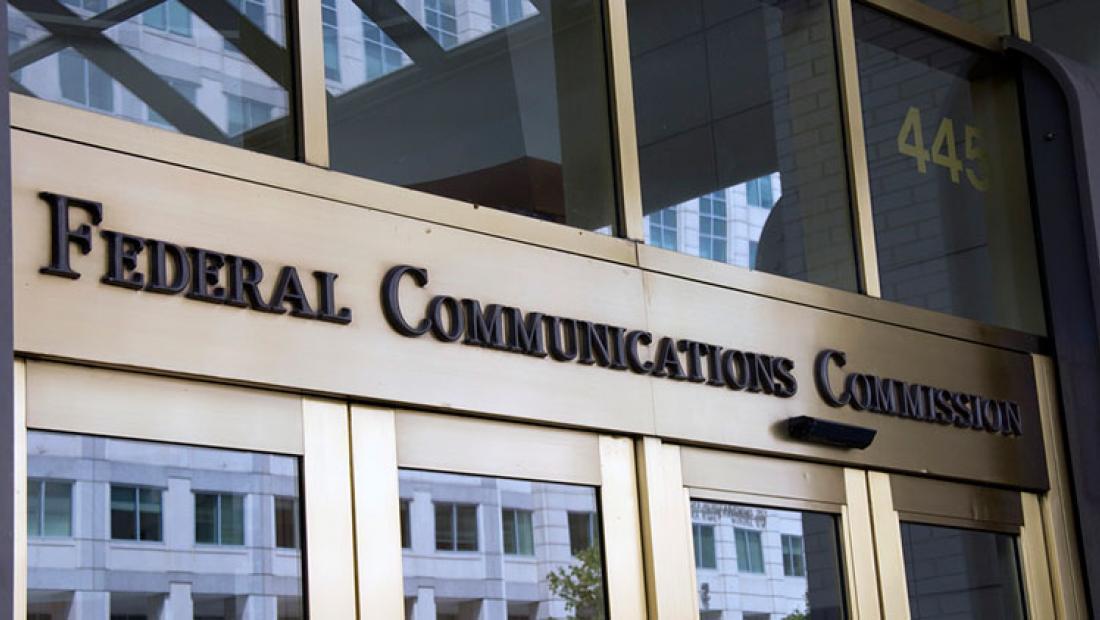ACA Seeks to Ally With FCC in Net Neutrality Fight

The smarter way to stay on top of broadcasting and cable industry. Sign up below
You are now subscribed
Your newsletter sign-up was successful
The American Cable Association has officially joined the court challenge of the FCC's network neutrality rule rollback, filing a motion to intervene in the case with the U.S. Court of Appeals for the Ninth Circuit.
The filing was announced the same day ACA is kicking off its annual D.C. Summit, where members will gather to strategize and press Washington policymakers on key issues, like network neutrality.
The Ninth Circuit was chosen in the lottery that the court system holds when appeals are filed in multiple circuits.
ACA is intervening on the side of the FCC, to "help defend the Federal Communications Commission's ruling that restored light-touch regulation to providers of high-quality broadband facilities and infrastructure to millions of users in rural America." An intervenor is a party with a demonstrable interest in the outcome, something ACA certainly has, representing hundreds of ISPs directly impacted by the FCC’s decision to move them out from under common carrier regulations.
ACA told the court it has contacted both sides and neither objects to its intervenor status.
ACA says its members "consistently" provide users with unrestricted access to lawful broadband content and that the Title II classification of ISPs under the 2015 Open Internet Order, which subjected them to common carrier regs, discouraged its smaller-ISP constituency from investing or innovating.
Related: Pai Issues Net Neutrality Facts
The smarter way to stay on top of broadcasting and cable industry. Sign up below
If the court grants ACA intervenor status, as is likely, it can file briefs in support of the FCC and perhaps get a few minutes of oral argument time when the case is heard.
The FCC in a politically divided decision voted Dec. 14 to eliminate the rules against blocking, throttling, paid prioritization and a general rule allowing the FCC to pursue conduct it concluded was unbecoming an open internet. It also importantly reclassified internet access as an information service under Title I of the Communications Act, rather than a telecommunications service under Title II common carrier regs.
Various net neutrality groups and computer companies are challenging the reg rollback, the latest legal fight in a years-long battle over how the internet should be regulated, if at all, and who should be doing it.
The latest FCC decision puts most of the regulatory onus on the Federal Trade Commission and/or the Justice Department to determine what conduct is false, or deceptive, or anticompetitive under antitrust regs or the FTC's Sec. 5 authority over unfair and deceptive practices, with an assist from the FCC, which will oversee enhanced ISP transparency requirements to disclose just what they are doing to manage and monetize their networks.
The FCC's rule rollback has not gone into effect yet, and won't until the Office of Management and Budget signs off on new information collection requirements associated with the enhanced transparency portions of the the order, that OK is published in the Federal Register, and the FCC sets an effective date. That is because, without the rules, enforcement of net neutrality will depend on what ISPs say they are doing--if they don't do what they say the FTC can pursue them for deception and if the FTC or Justice conclude that what they do say they are doing is anticompetitive, they can take action on those grounds.
Contributing editor John Eggerton has been an editor and/or writer on media regulation, legislation and policy for over four decades, including covering the FCC, FTC, Congress, the major media trade associations, and the federal courts. In addition to Multichannel News and Broadcasting + Cable, his work has appeared in Radio World, TV Technology, TV Fax, This Week in Consumer Electronics, Variety and the Encyclopedia Britannica.

